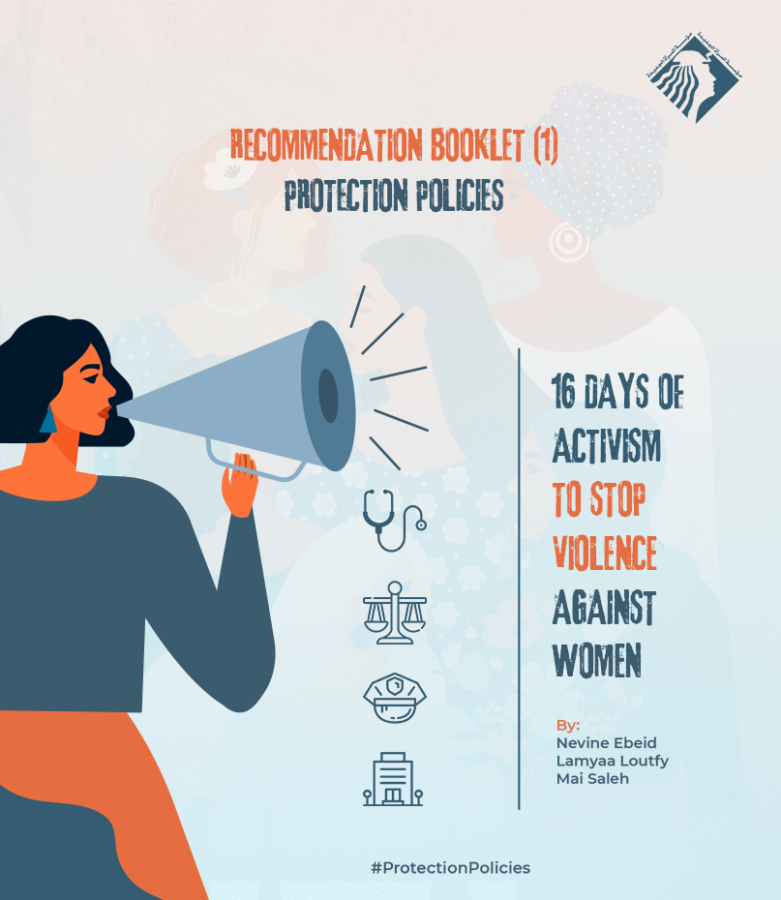- Contact Us
- 0020233382706
- nwrc@nwrcegypt.org
Where are Women in Upcoming Electoral Coalitions?… Failure to Recognize Women’s Demands with Respect to their Position on the Political Map
New Woman rejects the exclusion of women from the new governors movement
August 24, 2014
Moroccan Najat Belkacem first woman assigned to the Ministry of Education in France
August 31, 2014Joint Statement
3 Aug 2014Women and Feminist Organizations and Groups have closely followed the debates over the formation of different electoral coalitions in light of preparations for the upcoming elections for the House of Representatives, as well as the negotiations among Civil Political Parties in that regard, especially with regard to the Absolute Closed Lists (ACL) System established by the new Law on the House of Representatives, which divides the country into four ACL districts with a total of 120 seats.
Article 3 of the new Law on the House of Representatives states that: “the Election of the House of Representatives shall be under the Individual Seat System for (420) seats and under the Absolute Closed List System for (120) seats. Political Parties and Independents may run for seats under both systems”. The Law gives considerably larger space for the Individual Seat System (ISS), which depends on tribalism and financial resources and provides no support to systematic partisan politics, thereby limiting the capacity of Political Parties to nominate Women for ISS seats and thus depriving the less-empowered Women candidates from any chance of winning a majority in the parliament by confining their nomination to ACL seats.
Article 4 of the same Law provides for the division of the country of 4 districts for ACL, to be defined in a subsequent law taking proportional representation of the population into account, without providing for the need for taking Gender representation into account. The Lawmakers failed to establish fair Gender representation of the population in the districts, requiring proportional representation on the basis of population density regardless of Gender. After several calls from feminist organizations and groups, as well as from the National Council for Women, for Women to be represented in the upcoming House of Representatives by no less than 30% of the seats, the Law provided for 56 seats only, and through closed rather than proportional lists.
In view of the above, the organizations and groups hereunder signed demand that existing and soon-to-be-formed electoral coalitions for the upcoming elections for the House of Representatives conduct a broad social dialogue with Women and Feminist organizations and groups in connections with the representation of women within these coalitions, and their overall position in the new electoral map, whether they run on ACL or ISS seats, so that women are not treated as a unified bloc in the upcoming legislative elections. Various stakeholders in the political participation of Women have nominated candidates from different political currents; representatives of democratic forces and civil political parties must initiate social dialogue over the inclusion of Women in their coalitions as well as the inclusion of Women’s issues in the political agenda of such coalitions as obligations for the different political groups that will be represented in the new House off Representatives.
The entitlements of Egyptian Women, as enshrined in the amended Egyptian constitution, should be clearly manifested in the upcoming House of Representatives through Women who embrace national issues, at the heart of which lie Women’s issues; and who express Women of different political orientations, expertise, and ages. Therefore, the signatories hereunder demand that Women be included in discussions over political coalitions and their electoral programs.
Signatories
1- Nazra for Feminist Studies.
2- The Egyptian Women Union.
3- Baheya Foundation for Culture and Citizenship.
4- Daughter of the Land Association.
5- Cairo Institute for Human Rights Studies.
6- Appropriate Communication Techniques for Development Association (ACT).
7- New Woman Foundation.
8- The Women and Memory Forum.
9- The Egyptian Foundation for Family Development.
10- – Helwan Foundation for Community Development “Bashayer”.
11- Centre for Egyptian Women Legal Assistance.
12- Enlightened Egypt Foundation.




